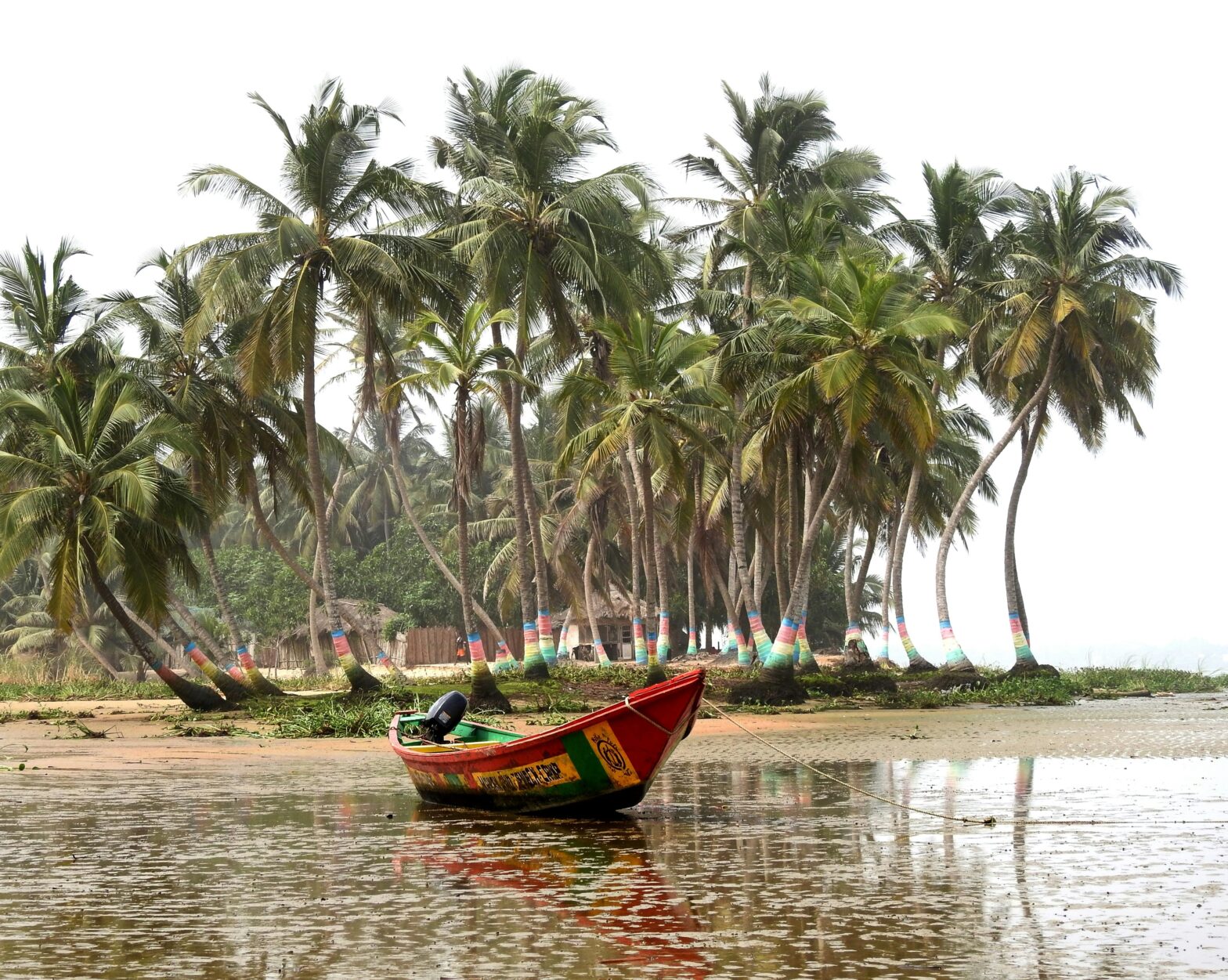Qatar is famous for its liberal Islamic modern society, vibrant expat life, rich Arab culture, and cuisines from all over the world. The country is also home to a unique place that is worth visiting— The Bin Jelmood House in Doha.
Said to be the first museum on slavery in the Arab world, the museum opened in 2015 and features exhibitions on the history of slavery in the country.
The Bin Jelmood House is part of the Msheireb Museums complex, which holds three other museums— Company House, Mohammed Bin Jassim House and Radwani House. They are open for visiting after being closed due to the pandemic.
Using projections, screens, signage and old photographs, the museum highlights the centuries-old slavery system around the Indian Ocean. It traces back to the Sumerian civilization of the third millennium BC.
In the museum, you can watch videos, listen to audio and view photos. Panels on Qatar’s role in a very profitable slave-trade network extending across the Indian Ocean are also available as well as antique photos that show enslaved Africans standing beside enslavers and their camels, adopting the flowing robes and waist-belt daggers that marked their slow entrance into Arab culture.
Journey to the Heart of Life is another popular exhibition in the museum. It looks at the DNA and genetics of a diverse group of people in Qatar to highlight how, biologically, all humans are similar to one another and come from the same origins.
“Museums such as the Bin Jelmood House become a site of learning, and we give a different kind of narrative that is oftentimes not talked about,” Fahad Al Turky, Exhibitions Manager at Msheireb Museums, told Peninsular Qatar. “And this is really important for awareness because once you understand this narrative or alternative history, you become more aware of the intersection of slavery, institutions, race, gender, and so on,” he added.
For him, the museum is important to understand how racism works as a result of slavery, not just in the US, but also in other places.
“The museum is an opportunity to understand that there is global anti-blackness that is connected to slavery, as well as various other complex historical processes, such as colonialism and capitalism.”
The museum is located in a country that will host the next World Cup in 2022, one of the most popular sports events in the world. With less than one year to be held, Qatar was accused of exploiting its labor force during the construction of infrastructure projects planned before Qatar hosts the World Cup. Hundreds of thousands of workers have been recruited from countries such as India, Nepal and Bangladesh to power Qatar’s construction boom.





